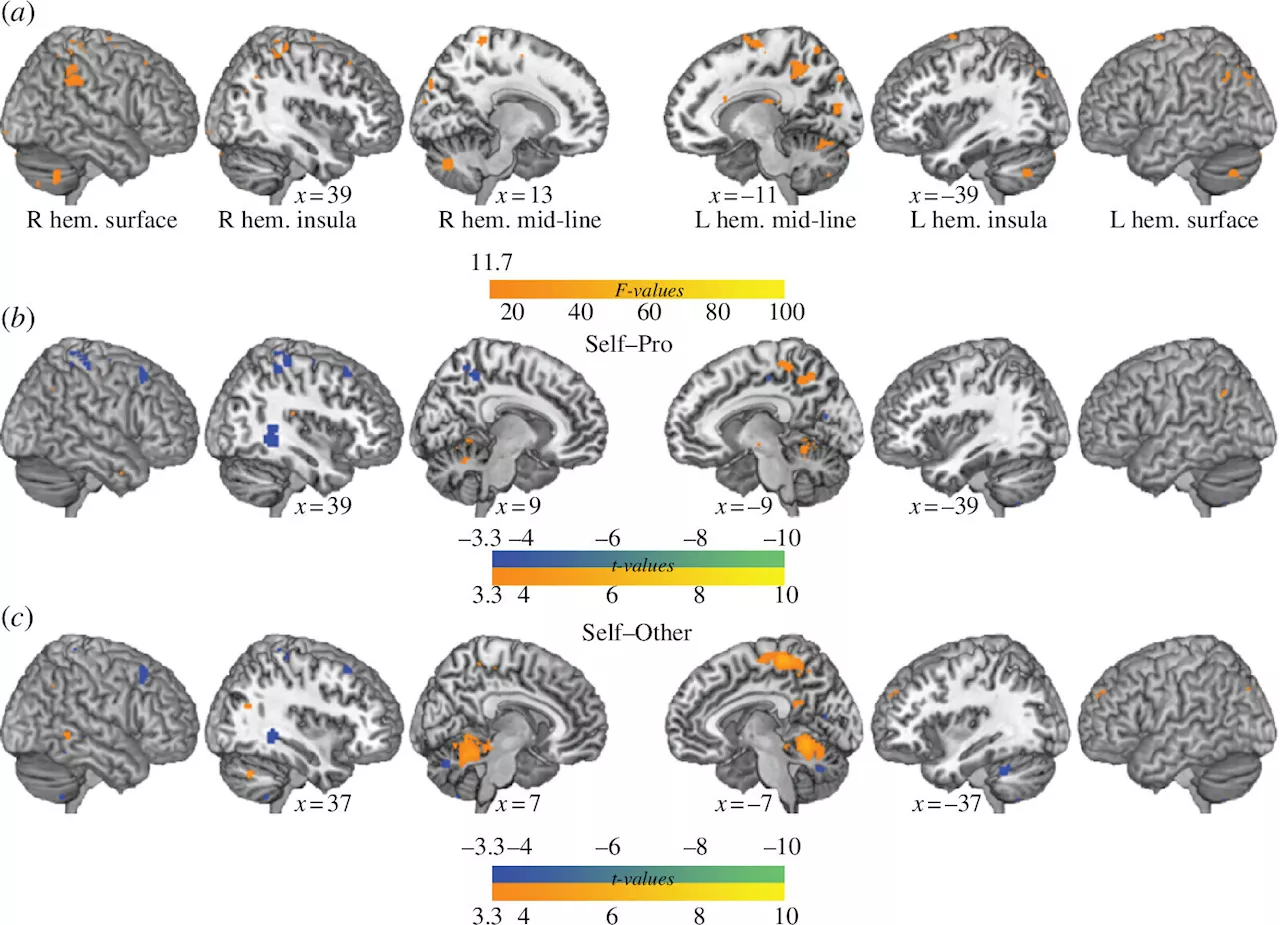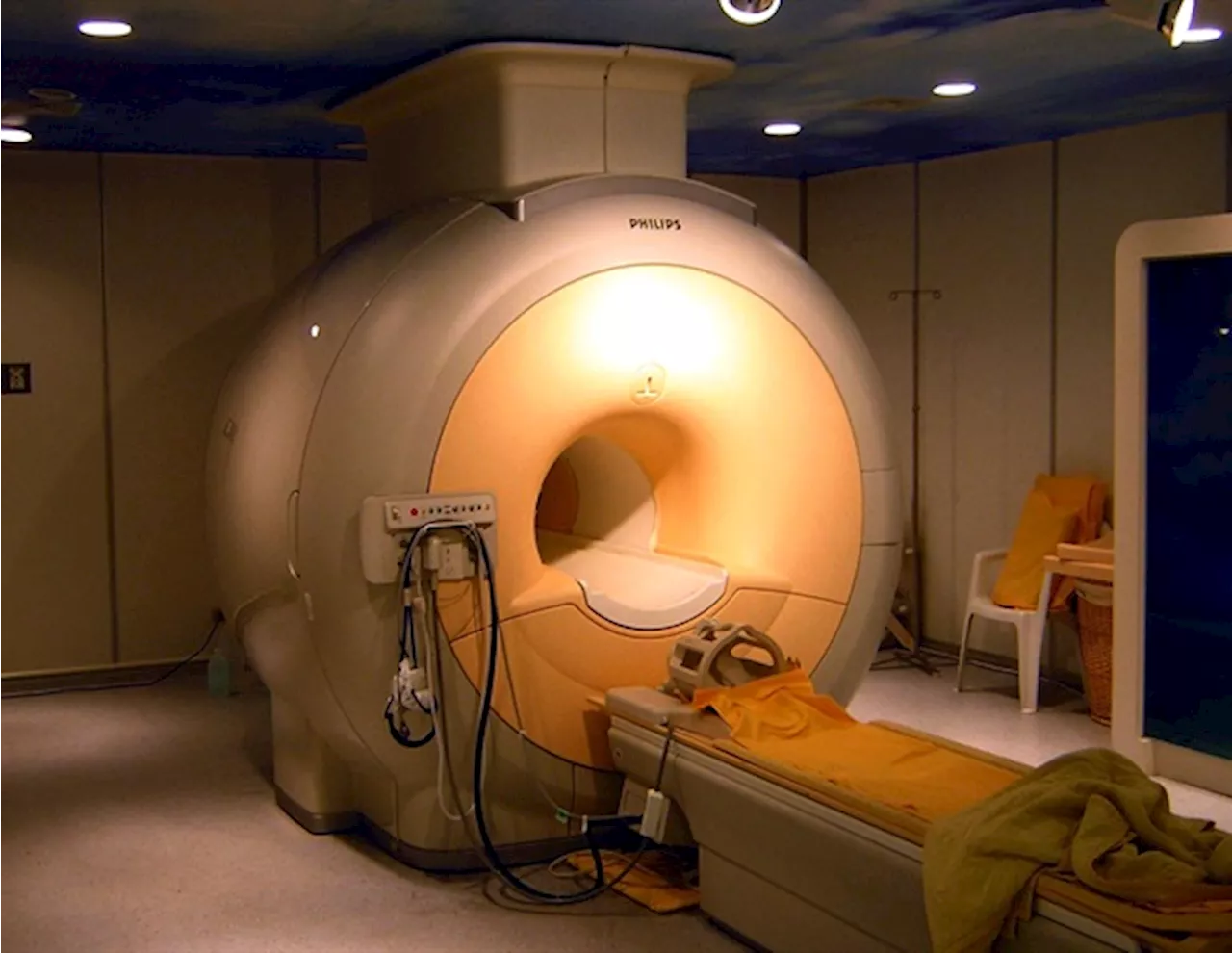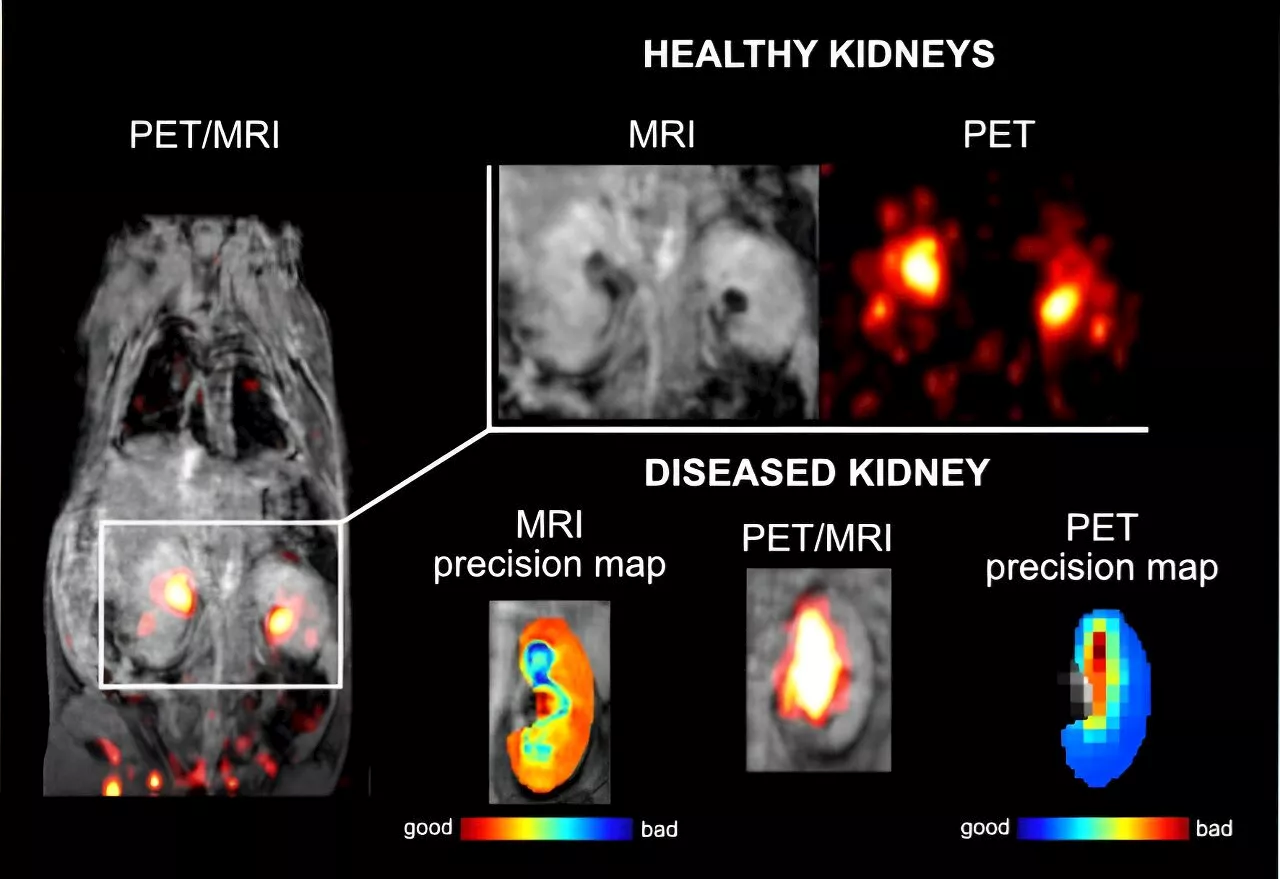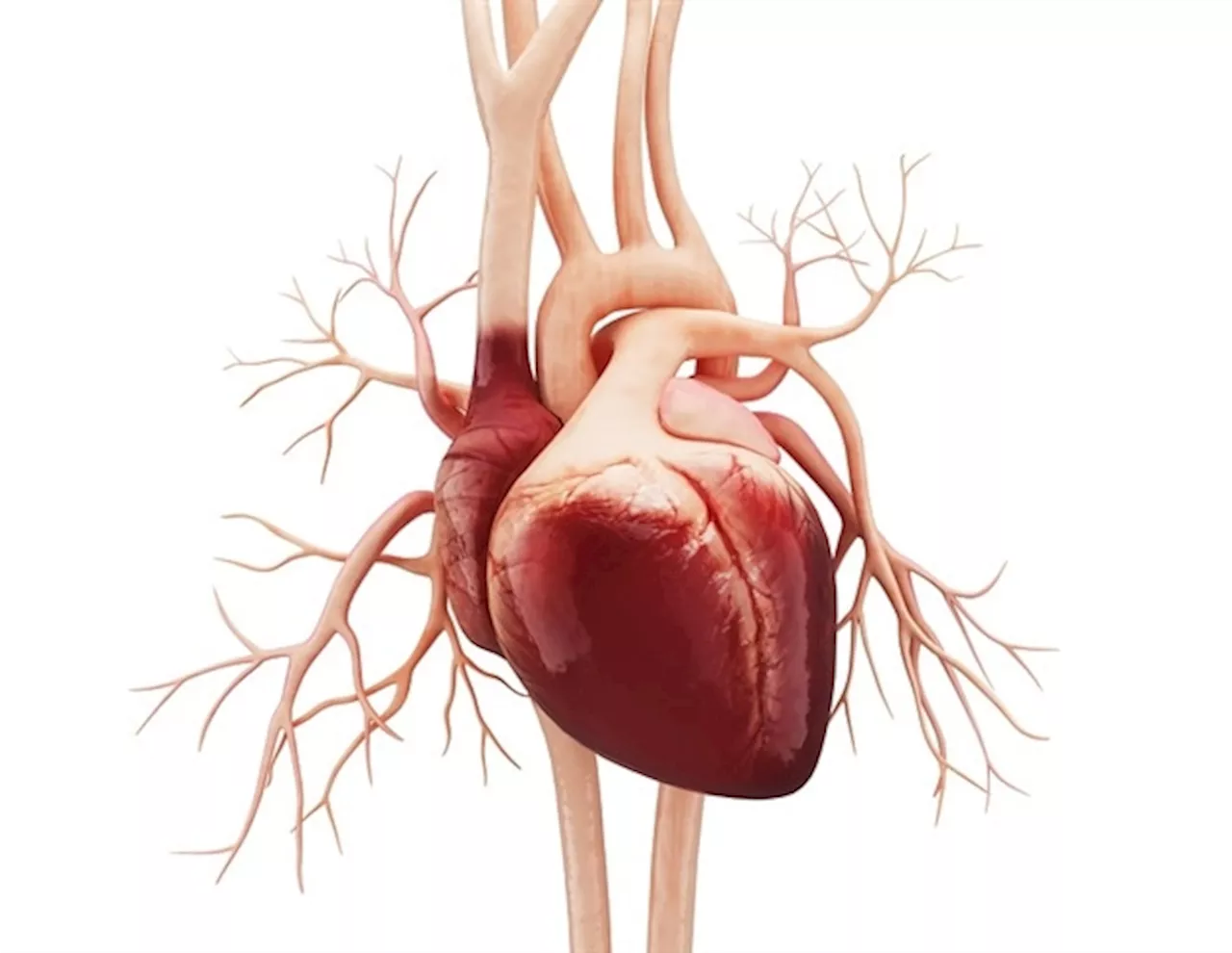MRI scans could replace invasive heart tests, as new research shows they can reliably estimate pressures inside the heart to predict if a patient will develop heart failure.
University of East AngliaAug 12 2024
Heart failure is a lethal condition resulting from rising pressures. One of the most significant findings of this study is that MRI-derived pressure measurements can reliably predict if an individual will develop heart failure. Analysing data from more than 39,000 UK Biobank participants, this latest research demonstrates that MRI-detected pressure changes can identify heart failure risk without invasive procedures.
A heart MRI is a type of scan that uses powerful magnets and radio waves to create detailed images of the heart. Unlike X-rays or CT scans, it does not use harmful radiation.
Heart Failure Alcohol Blood Blood Pressure Diagnostic High Blood Pressure Imaging Magnetic Resonance Imaging Obesity Research UK Biobank
Singapore Latest News, Singapore Headlines
Similar News:You can also read news stories similar to this one that we have collected from other news sources.
 Researchers use MRI scans and karaoke to better understand the nature of blushingA small team of psychologists and neurologists from the University of Amsterdam, in the Netherlands, and D'Annunzio University of Chieti–Pescara, in Italy, has found that blushing may be more related to an increase in emotional awareness and what a person is doing, rather than feelings of judgment by others.
Researchers use MRI scans and karaoke to better understand the nature of blushingA small team of psychologists and neurologists from the University of Amsterdam, in the Netherlands, and D'Annunzio University of Chieti–Pescara, in Italy, has found that blushing may be more related to an increase in emotional awareness and what a person is doing, rather than feelings of judgment by others.
Read more »
 MRI scans can predict aggressiveness in intermediate-risk prostate cancerNew Corewell Health™ research suggests an MRI scan can help predict whether patients with intermediate-risk prostate cancer (cancer confined to the entire prostate) may have more aggressive cancer in five years.
MRI scans can predict aggressiveness in intermediate-risk prostate cancerNew Corewell Health™ research suggests an MRI scan can help predict whether patients with intermediate-risk prostate cancer (cancer confined to the entire prostate) may have more aggressive cancer in five years.
Read more »
 Advanced MRI scans help identify one in three concussion patients with 'hidden disease'Offering patients with concussion a type of brain scan known as diffusion tensor imaging MRI could help identify the one in three people who will experience persistent symptoms that can be life-changing, say Cambridge researchers.
Advanced MRI scans help identify one in three concussion patients with 'hidden disease'Offering patients with concussion a type of brain scan known as diffusion tensor imaging MRI could help identify the one in three people who will experience persistent symptoms that can be life-changing, say Cambridge researchers.
Read more »
 Advanced MRI scans could predict persistent symptoms in concussion patientsOffering patients with concussion a type of brain scan known as diffusion tensor imaging MRI could help identify the one in three people who will experience persistent symptoms that can be life changing, say Cambridge researchers.
Advanced MRI scans could predict persistent symptoms in concussion patientsOffering patients with concussion a type of brain scan known as diffusion tensor imaging MRI could help identify the one in three people who will experience persistent symptoms that can be life changing, say Cambridge researchers.
Read more »
 New dual-purpose contrast agent revolutionizes PET and MRI integration for enhanced diagnosis A Research...A research team from IOCB Prague, working in collaboration with the University of Tübingen, Germany, and the Faculty of Science, Charles University, has developed a new type of contrast agent that can be used in both magnetic resonance imaging (MRI) and positron emission tomography (PET).
New dual-purpose contrast agent revolutionizes PET and MRI integration for enhanced diagnosis A Research...A research team from IOCB Prague, working in collaboration with the University of Tübingen, Germany, and the Faculty of Science, Charles University, has developed a new type of contrast agent that can be used in both magnetic resonance imaging (MRI) and positron emission tomography (PET).
Read more »
 New PET/MRI probe promises early discovery of covert diseasesA research team from IOCB Prague, working in collaboration with the University of Tübingen, Germany, and the Faculty of Science, Charles University, has developed a new type of contrast agent that can be used in both magnetic resonance imaging (MRI) and positron emission tomography (PET).
New PET/MRI probe promises early discovery of covert diseasesA research team from IOCB Prague, working in collaboration with the University of Tübingen, Germany, and the Faculty of Science, Charles University, has developed a new type of contrast agent that can be used in both magnetic resonance imaging (MRI) and positron emission tomography (PET).
Read more »
